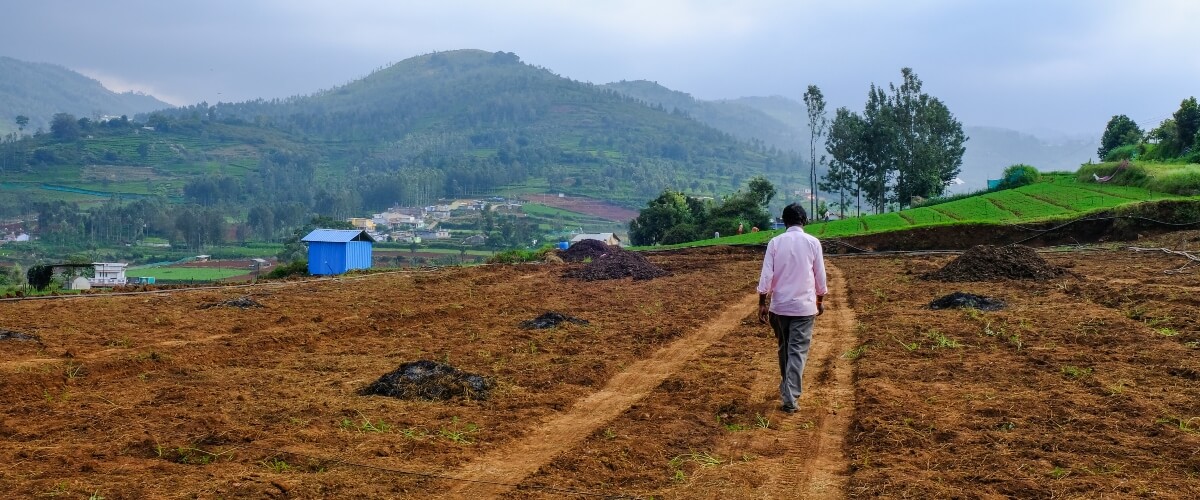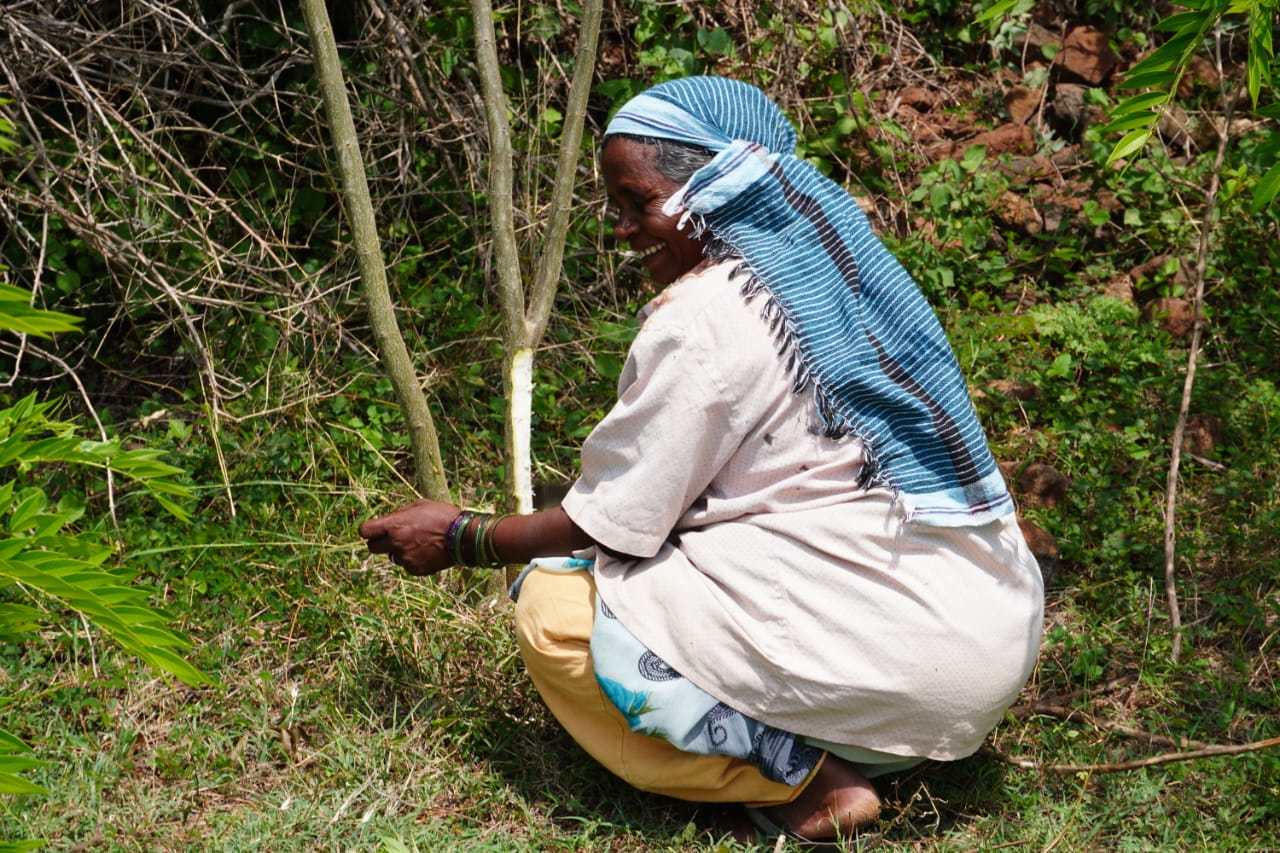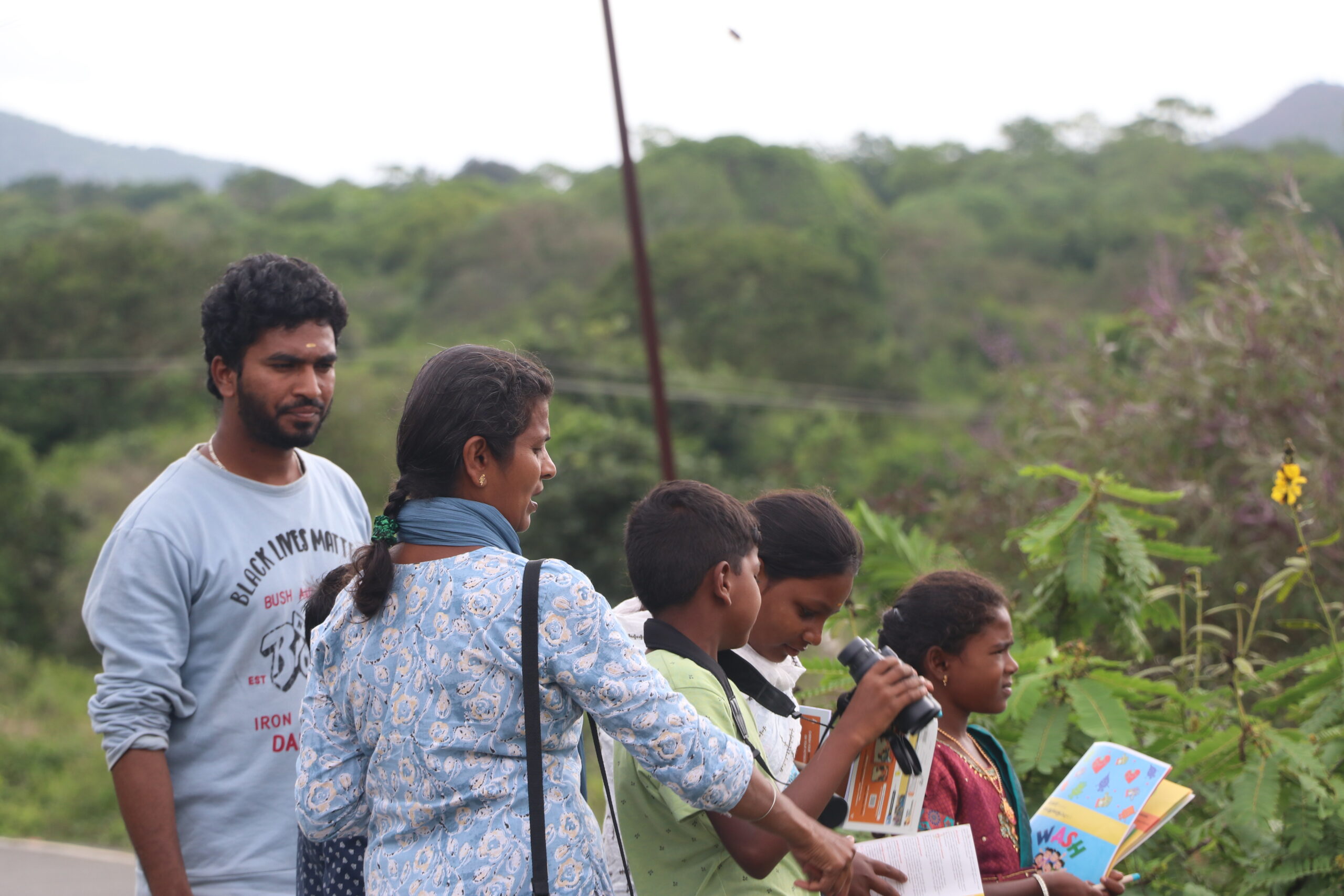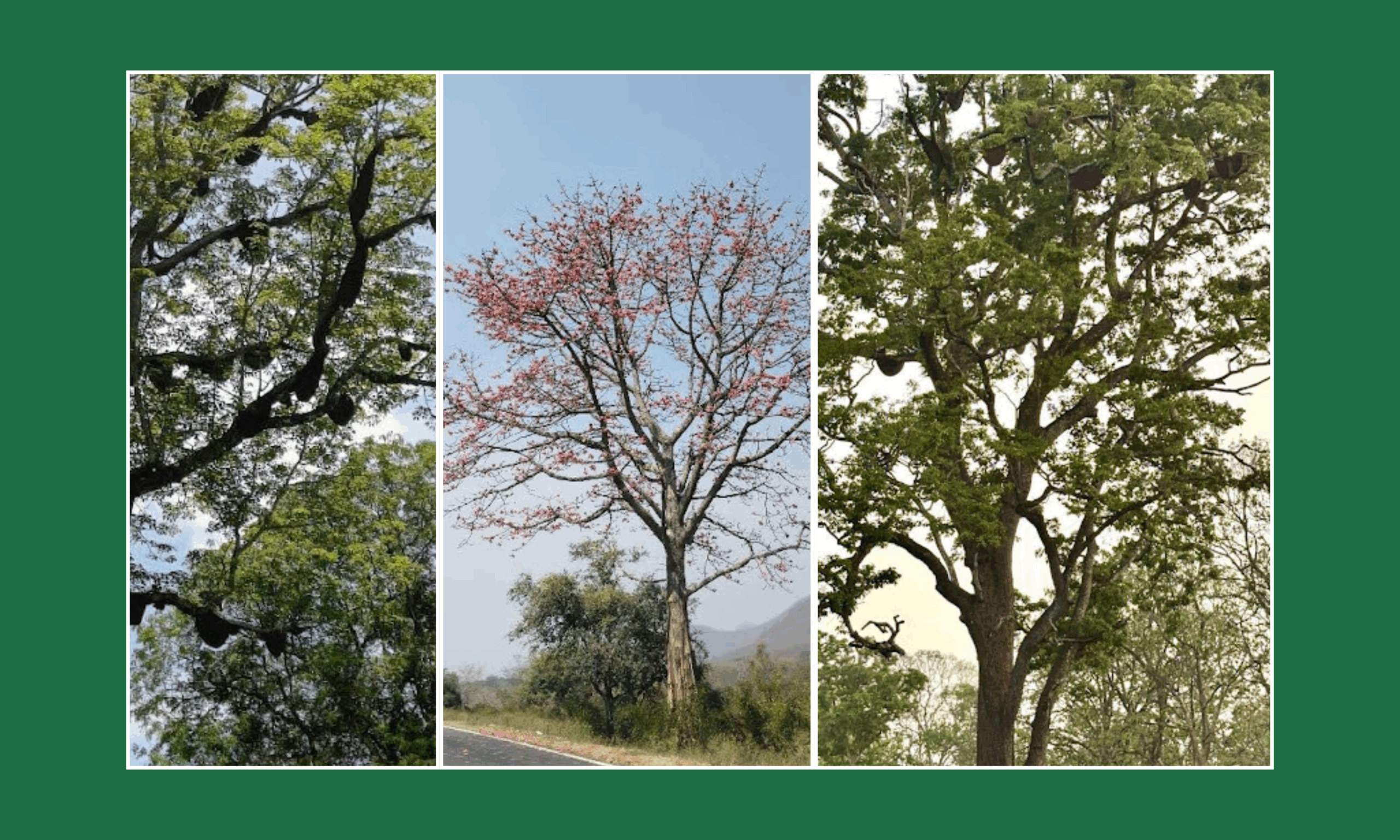The COVID-19 has taken the world by surprise and it is creating a lot of issues in everyone’s day to day life. None were prepared for a pandemic of this stature. Many media outlets and experts believe that the pandemic has had a devastating impact on the Indian Agriculture sector. The corona virus impact on logistics has brought this sector to a stand-still across the country. This has brought a new challenge to the agriculture sector, where the demand is high, as well as the production of vegetables – but the supply chain is at an all-time low.
The farmers had an enormous barrier as they were dealing with perishable goods and rotting of vegetables. This led many of them to take drastic measures such as dumping of crops along the roadside, ploughing the land without the crops being harvested, or giving it away for free within their communities, etc. Due to the continuing economic gloom, there was a huge fall in crop rates and this has put the farmers in a very critical spot in terms of financial security.
In the month of March, Keystone Foundation were involved in supplying basic necessities and essential goods to vulnerable communities during COVID-19 – we encountered that people were in dire need of basic essential provisions. But on the contrary, there were several farmers who were throwing away their harvest. These incidents indicate the badly structured systems that are in place to eradicate poverty or providing support to the 13% of world food producer’s – ‘farmers of India’.
There are many drawbacks to this situation. One could be due to farmers growing single crops at a given time in large quantities (a behavioral change inculcated due to the green revolution in 1950’s); or the complexity of marketing, and consumers who are not aware of where they get their daily meal from etc; An assortment of such problems has created such a situation for farmers across the contrary. As they say – history creates the platform on which we stand today.

An Organic Transition
Sekar from a village called Kurumdi is a very innovative and passionate farmer. He was one of the first farmers in the region who was willing to adopt organic practices. Since last year, he has been a great example to other farmers in the region; he says “organic practice always provides a good outcome in the longer run – when compared to conventional practices”.
He explains – ” “this is because, in organic farming, the initial investment is high but gradually reduces due to the increase in microbes. Whereas, when we use synthetic chemicals on our soil-it disrupts the natural process that destroys a lot of beneficial bacteria that help in plant growth. Dependence on chemicals for growing food will always increase investments as prices keep rising and the land keeps deteriorating“.
Sekar got zero returns for his last three crops during the lockdown. During the first lockdown he had celery and iceberg ready for harvest which was sown in agreement with Big basket through a “buy-back model” – where the company doesn’t charge for saplings in beginning but eventually takes back the harvested crops. Therefore he would have to sell it only to the company. Due to prolonged lockdown, the company withdrew from harvesting the crop and the farmer was left with the yield which was used as fodder for cattle.

The investment for the crop would include charges for ploughing, sowing, inputs, labour and irrigation. The combined cost would be at about ₹30,000-50,000 per crop. Most of the vegetables grown in Kookalthorai are sold to restaurants and hotels across the country. Mostly – “exotic vegetables” – as it is commonly known here is grown all through the year. For example, iceberg lettuce and celery were selling at ₹2-3/kg. At this rate the farmer will not be able to pay the labour for harvest.
In order to recover from the previous loss, he chose to grow potatoes during the first unlock period. But the seeds that he received after the lockdown were of bad quality. It cost him about ₹10,000-15,000. This pushed his debt further, due to which he chose to give up farming for about a month and a half. While speaking to us he said, “I don’t want to farm for some time because my last three crops have produced zero returns and I’m in a huge loss as I invested the remaining of my money to grow these crops”. Sekar was one of the very few motivated farmers in our pursuit of helping farmers convert to organic farming. He was very good at executing organic practices on the ground and was keen to go on further.
Nonetheless, no one can tell when COVID-19 will end. So we think a “locally grown, locally consumed model” would help farmers to identify market opportunities close to his/her region – which would eventually cut down their transporting/marketing expense that has been hiked due to inter-state restrictions. This will also give an opportunity for farmers from a particular region to set their own prices for the product. This could lead to a better customer-farmer relation which is very hard to find in our country, given the number of intermediaries or traders.
There were few farmers who sold their produce in the nearby villages during lockdown to make some profit at least through FPO groups. The pandemic has made them realize that there could be readily available market in the region they are living in.
Gillan from Maskal says “I went and sold my produce in 5 villages during the lockdown. I made some profits that have atleast eased my financial condition to grow my next crop. It is definitely better than having nothing. It was very difficult to sell during those times as contact with people was restricted, but we took some precautions“.
Though they are plenty of efforts or steps taken by the District Government to help farmers cope with the ongoing situation. In the long run, helping them attain good prices and better markets will surely pave the way for them to gradually convert or adopt sustainable farming practices.
After all, good immunity keeps us safe and healthy during these times. Growing and consuming organic food will definitely enhance the health of our ecosystems which naturally makes human life better. It is important not to forget our farmers in our pursuit for development.
By Thanvish Vishnu


















